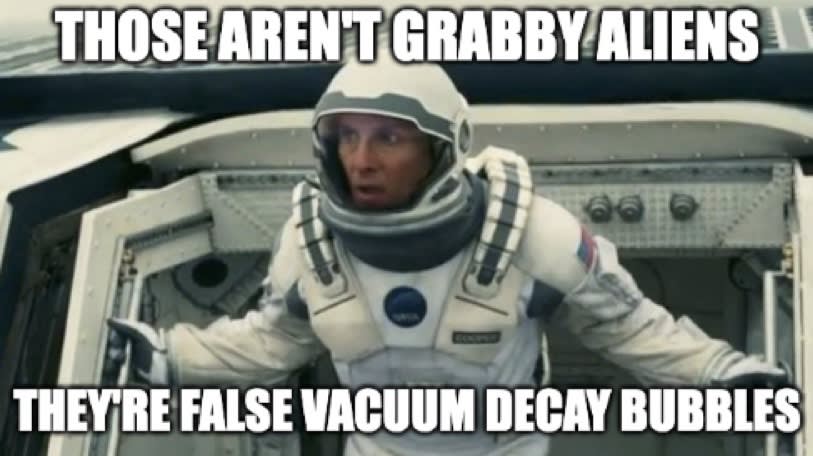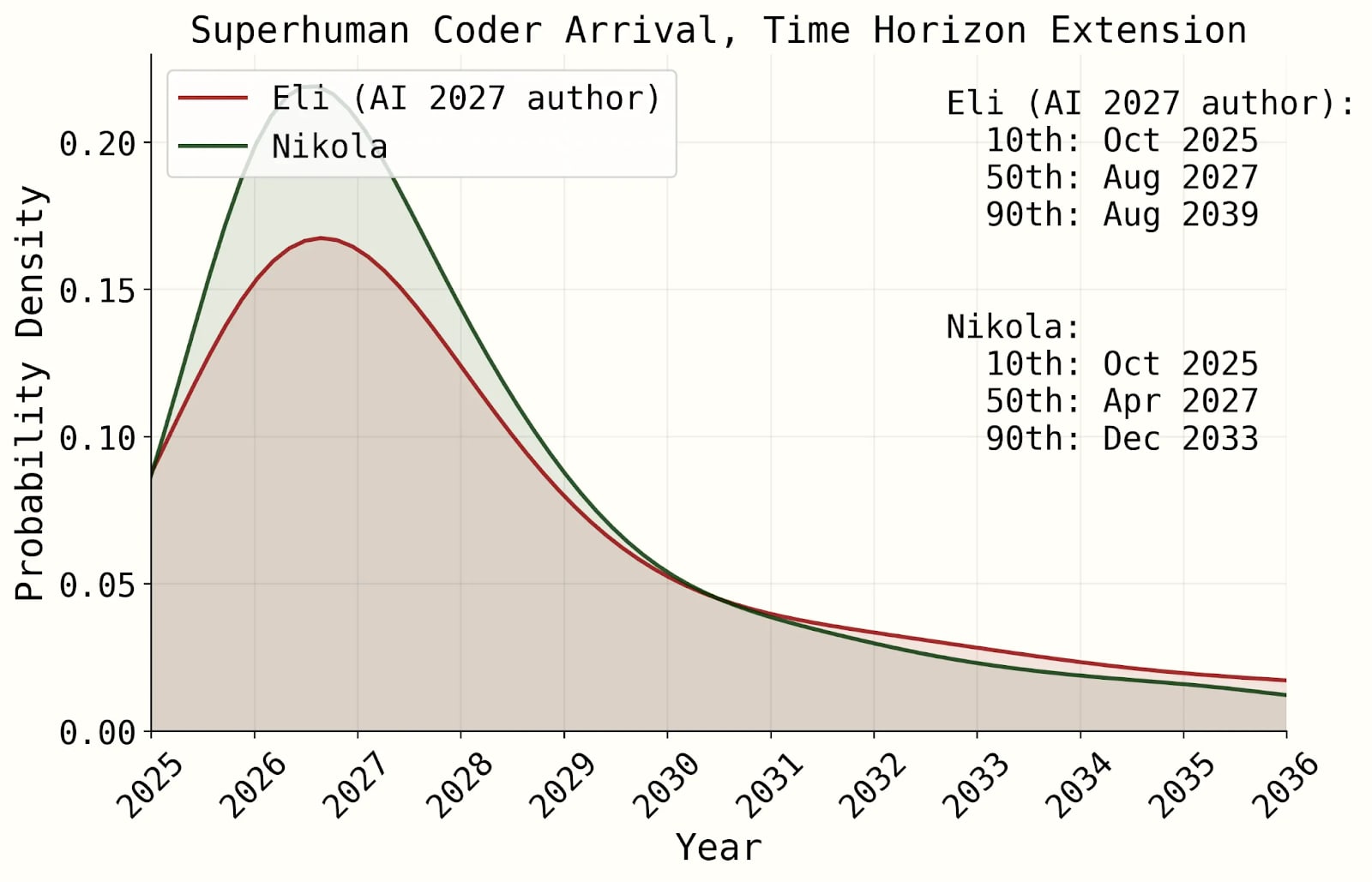For the EA London newsletter there is a section summarising updates and research from EA and EA related organisations and individuals. Someone mentioned it might be useful as a forum post so here it is. Let me know if I should keep posting here each month, somewhere else or not at all.
If you're interested in seeing previous months, they are here.
• Ways people trying to do good accidentally make things worse, and how to avoid them
• Charlotte Stix has started a newsletter covering the AI policy and strategy ecosystem in Europe
• Survey of EA org leaders about what skills and experience they most need
• Julie Wise writing on how no one is a statistic
• Vox has a new department, Future Perfect, reporting the news with an effective altruism angle, they have started with a podcast asking Bill Gates what they think about global poverty, AI and clean meat
• A post on whether people would give more to foreign aid if they knew the scale of global inequality
• A reading list for people interested in learning more about RCTs not being the 'gold standard' in global development
• Extended notes on the book Superintelligence
• Michael Plant has created a happiness manifesto, arguing effective altruism can and should use happiness surveys to determine cost-effectiveness which would result in different charity recommendations
• Phil Hewinson has written a comprehensive summary of tech products that are helping people today
• Mind Ease is a new mental health intervention - also with in depth responses in the comments
• Lets Fund is a new organisation looking to help people discover, learn about and fund breakthrough research, policy and advocacy projects
• The new EA Angel group is looking for funders, applicants and volunteers to help improve the early-stage funding landscape in the effective altruism community
• CSER have curated 15 papers together in a special issue bringing together a wide range of research on existential and catastrophic risk. They also have five book recommendations related to these subjects
• A post on the potential bottlenecks and solutions in the existential risk ecosystem
• A deeper dive into providing pain relief to lower income countries and potential funding opportunities
• A new 80,000 hour career review on going into academic research
• BIT is running 18 RCTs to look into capacity building (including tax compliance, birth registration and education) in Indonesia, Bangladesh and Guatemala
• Podcast with economist Tyler Cowen suggesting that sustainable economic growth is the best way to safeguard the future of humanity
• Hilary Greaves on moral cluelessness, population ethics and the vision for GPI
• A look at potential negative externalities of cash transfers
• Paul Christiano on how humanity might progressively hand over decision-making to AI systems
• A new 80,000 hours article with potential careers to go into based on whether you already have a particular strength or expertise
• There are new management teams for EA funds
• Microsummaries of 150+ papers in the newest development economics research
• Martin Rees has released a book looking at the future prospects of humanity. And an interview with Vox
• Peter Singer with an article looking at whether clean meat can save the planet
• Allan Dafoe from FHI with a document on the research agenda for AI governance
• Michelle Hutchinson on keeping absolutes in mind and not just looking at relative values
• A NYT feature on a project to give ex-felons voting rights, potentially re-enfranchising 1.5 million people, helped with funding from Open Philanthropy
• Open Phil with a summary of why they focus on scientific research, where they've granted $67 million and an open call for grant proposals
• Lewis Bollard looking at whether animal advocates should engage in U.S. politics
• A post on the value of being world class in a non traditional area
• A post looking at effective altruism and the law of diminishing marginal effect
• A summary of two possible interventions to reduce intimate partner violence
• A post on the rationale behind a GiveWell Incubation Grant to Evidence Action Beta
• A slide deck looking at psychedelics as a potential cause area
• GFI on the data behind why they use the term 'clean meat' and why it might be useful to sometimes refer to 'cultured meat'
• ODI have a toolkit that provides a step-by-step approach to help researchers plan for, monitor and improve the impact their research has on policy and practice
• An FLI podcast looking at the role of automation in the nuclear sphere
• Utility Farm have announced the compassionate cat grant to attempt to reduce suffering of birds and small mammals
• A collection of resources for people looking into the generalist vs specialist question
• A curated list of podcasts in the areas of effective altruism, rationality, natural sciences, social sciences, politics and self-improvement
• Sentientism as an upgrade of humanism
• Saulius has been looking at if there has been a change in the number of vegans and vegetarians over time
• A document looking at what the most effective individual actions are for reducing carbon emissions
• A Faunalytics post discussing the marketing challenges of clean meat being seen as unnatural




Awesome! Thanks for this David :) I would say that this seems really useful, and that posting here sounds like a good option. It also enables people / orgs to add things you potentially missed as comments.